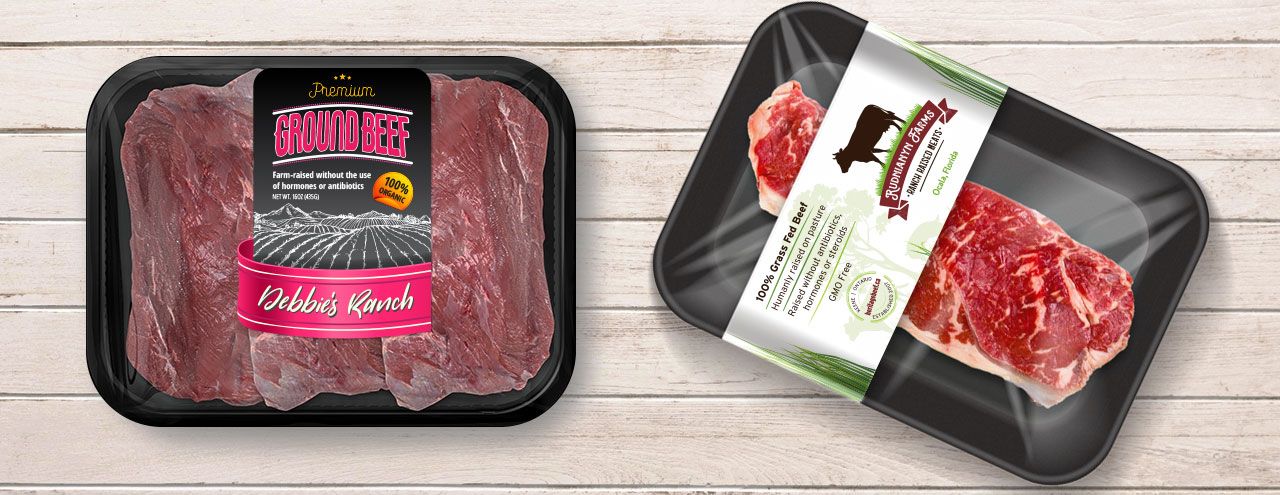
“
Processed meats (e.g., hot dogs, bacon, sausage) are popular in many diets, offering convenience and flavor. However, numerous facts highlight their potential risks. From their high sodium content to the presence of additives, understanding these facts can help us make informed dietary choices. In this blog, we'll explore 20 eye-opening facts about processed meats to provide a comprehensive look at what you're eating.1
1
”
A study links processed meat consumption to higher risks of cardiovascular disease and death. People eating over 150 grams (5.29 ounces) weekly had a 46% increased risk of heart disease and a 51% higher risk of death compared to non-consumers. 1
Innovative techniques like high-pressure processing, shockwaves and ultrasound are revolutionising meat processing. These advanced methods aim to overcome the limitations of traditional preservation techniques, offering improved product quality. 2
Processed meats are packed with sodium to enhance flavour and preserve shelf life. High sodium intake is linked to high blood pressure and heart disease. Reducing processed meat consumption can help maintain a healthier heart. 3
The WHO classifies processed meat as a Group 1 carcinogen, indicating strong evidence of its link to cancer. Limiting processed meat intake can help reduce the risk of developing cancer. Awareness of this risk is important for health management. 4
Regular consumption of processed meat increases the risk of colon and rectal cancer. Harmful chemicals formed during processing contribute to this risk. Being mindful of dietary choices can help mitigate this health concern. 5
Eating processed meat frequently can contribute to heart disease due to high levels of saturated fat and sodium. Opting for healthier protein sources can support heart health and reduce this risk. 6
Processed meat consumption is associated with a higher risk of type 2 diabetes. This is due to additives and high-fat content in processed meats. Choosing fresh meats and plant-based proteins can help manage blood sugar levels. 7

Processed meats’ fat, salt, and flavor enhancers can be addictive, leading to overeating. This can result in poor diet habits and health issues. Being aware of this tendency can help in controlling cravings and making healthier food choices.
Many processed meats contain artificial flavours and colours, which may have unknown long-term health effects. Choosing natural, whole foods can be a safer option for maintaining health. Minimising consumption of these additives is beneficial. 8
Some processed meats come from animals treated with antibiotics, potentially contributing to antibiotic resistance. Opting for antibiotic-free products is a healthier choice for both personal and public health. 9
Improper handling and storage of processed meats can lead to foodborne illnesses. Ensuring proper storage and cooking practices is essential to avoid health risks. Safe handling practices are crucial for maintaining food safety. 10
Processed meats can cause digestive problems such as constipation and bloating due to their low fiber content. Including more fiber-rich foods in your diet can improve digestion. 11

Reading labels on processed meats helps us understand their contents, including added sugars, preservatives, and unhealthy fats. Making informed choices based on these labels can lead to better health.
Processed meats are often marketed with appealing imagery, making them more tempting, especially for kids. Recognizing these marketing tactics can help in making healthier dietary choices. 12
Choosing leaner processed meats like turkey sausages can be a healthier option due to lower saturated fat compared to beef or pork. Balancing these choices with plenty of vegetables can further improve overall nutrition. 13
Processed meats often contain added sugars and flavor enhancers that increase calorie intake without providing nutritional benefits. Opting for unprocessed meats can reduce unnecessary additives. 14
High sodium and protein content in processed meats can strain the kidneys, increasing the risk of kidney disease. Moderation and proper hydration are key to maintaining kidney health. 15
Excessive sodium from processed meats can lead to calcium loss in bones, weakening them over time. Including calcium-rich foods and reducing sodium can help protect bone health. 16
Substituting processed meats with fresh, whole foods like lean meats, fish, and plant-based proteins improves overall health. These alternatives provide essential nutrients without the associated risks. 17
The treatment of animals in the meat industry, particularly those used for processed meat, has sparked significant controversy, with concerns about animal welfare, ethical practices, and the environmental impact of large-scale meat production. 18


